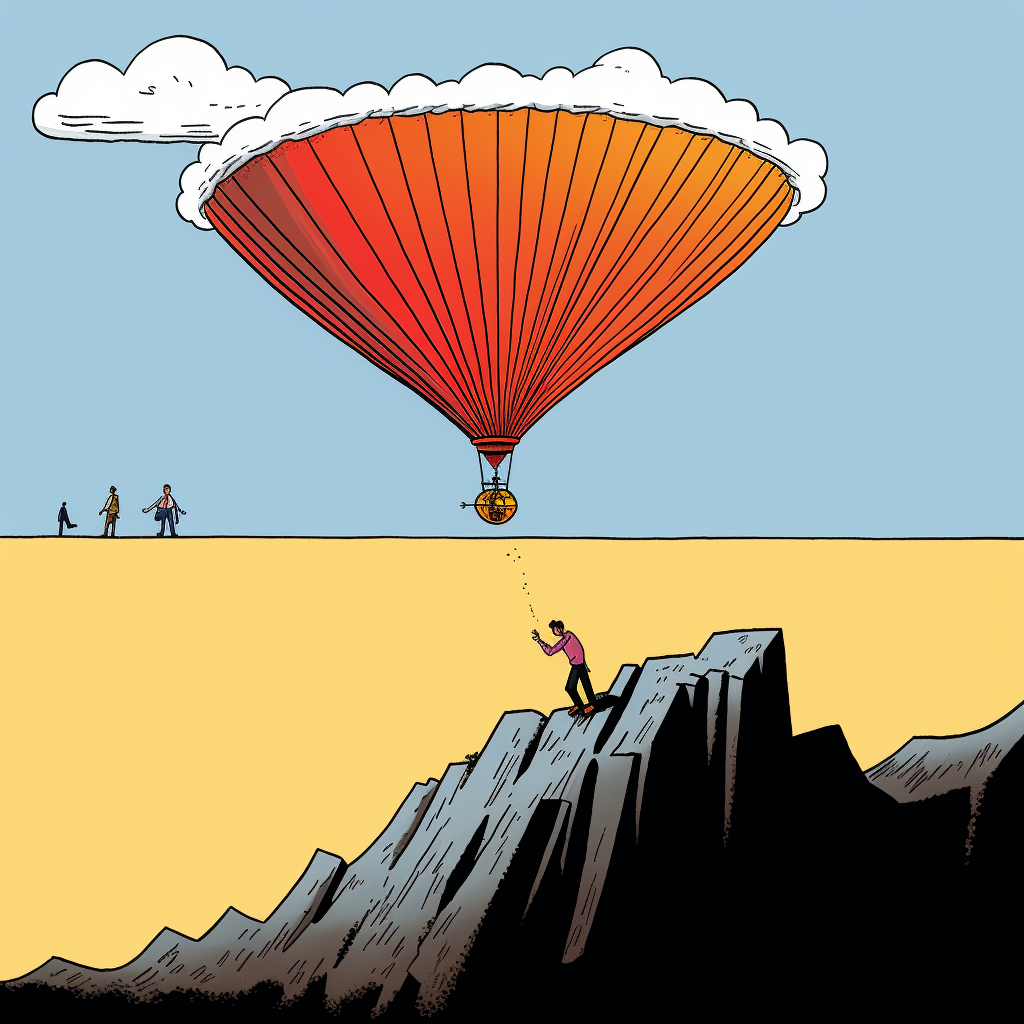Why Reversing the 43 Items Policy is Bad for the Economy

I came across this interesting interview with Dr. Kamoru Yusuf, the Vice President of the Manufacturers Association of Nigeria (MAN), and he talked about the reversal of the 43 items policy by the Central Bank of Nigeria (CBN). And let me tell you, it’s not looking good for the economy. Let’s dive into it!
First, let’s go back in time a bit. The 43 items were initially placed under foreign exchange (FX) restriction by the previous administration. The idea behind this policy was to encourage local production, boost the GDP, and create more jobs. Makes sense, right?
But here’s the problem. Reversing this policy now is a big mistake. Dr. Kamoru Yusuf explains that some of these items, like cement, rice, and steel, are crucial for the Nigerian economy. We have the resources and capacity to produce them locally, which not only reduces our dependence on imports but also stimulates economic growth.
Take cement, for example. We have all the necessary minerals to produce it right here in Nigeria. And with existing investors who have committed to backward integration, our cement production has been increasing steadily. In fact, we’ve become a net exporter of cement. So why would we want to reverse a policy that has been so beneficial?
The same goes for rice. Nigeria spends billions of dollars annually on importing rice, which puts a strain on our foreign exchange reserves. The government implemented the rice policy to encourage local production and reduce our dependence on imports. Unfortunately, the COVID-19 pandemic disrupted the policy, leading to shortages and price hikes. Reversing the 43 items policy will only worsen the situation.
And let’s not forget about the steel sector. Nigeria has the capacity to meet our steel demands locally. Importation of steel has drastically reduced since the implementation of the 43 items policy, which means less pressure on our foreign exchange reserves. Reversing this policy would be a huge blow to the steel industry and the economy as a whole.
So, what can we do to address these challenges? Dr. Kamoru Yusuf suggests a few solutions. First, we need to review the operations of the free trade zones in Nigeria. Many companies registered under these zones are abusing the system and not adding any value to the economy. We need to investigate and hold them accountable.
The Nigeria Customs Service also needs to crack down on importers who are using the free trade zones to evade taxes and duties. This loss of revenue is hurting our economy. Additionally, the government should declare a state of emergency in the mining sector and ensure that companies mining our mineral resources pay their fair share of taxes and royalties.
But it doesn’t stop there. We need to prioritize the revitalization of the steel sector, particularly the Ajaokuta Steel Complex. This national asset should not be in the hands of foreigners who will repatriate the benefits out of the country. We have capable Nigerians who can make the complex thrive and contribute to our economic prosperity.
To support these efforts, the government should provide financial assistance from the Comprehensive Import Supervisory Scheme charges paid to the Nigeria Customs Service. This money can be used to drive industrial development and create more job opportunities.
In conclusion, reversing the 43 items policy would be a grave mistake for the Nigerian economy. We have the potential to be self-sufficient in many sectors, and this policy has been instrumental in promoting local production and reducing our dependence on imports. Let’s not undo all the progress we’ve made. Instead, let’s focus on strengthening our industries, cracking down on abuse in the free trade zones, and revitalizing the steel sector. Together, we can build a stronger and more prosperous Nigeria!




